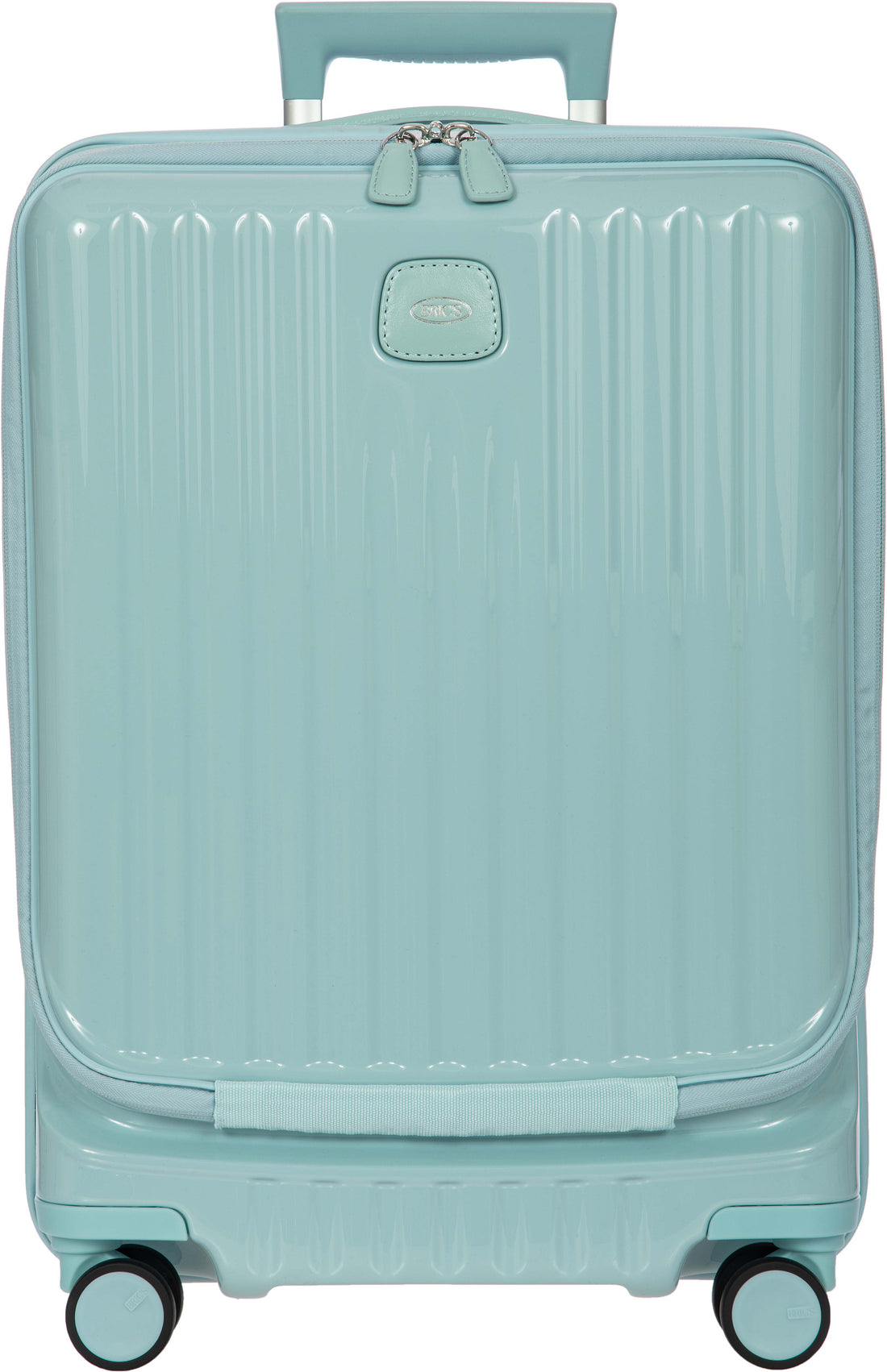
Ethical Supply Chains A Better Way to Do Business
Understanding Ethical Supply Chains: More Than Just a Trend
Ethical supply chains are no longer a niche concept; they’re becoming a necessity for businesses aiming for long-term success. It’s about far more than just ticking boxes to meet regulatory requirements. A truly ethical supply chain reflects a company’s commitment to fair labor practices, environmental sustainability, and responsible sourcing throughout its entire production and distribution network. This involves transparency, accountability, and a genuine desire to improve the lives of people and the planet touched by the business.
The Core Principles of Ethical Supply Chains
Several key principles underpin ethical supply chains. Fair wages and safe working conditions are paramount, ensuring workers receive a living wage, reasonable working hours, and a safe environment free from exploitation. Environmental sustainability is another crucial element, involving the reduction of carbon emissions, responsible waste management, and the conservation of resources. Respect for human rights extends beyond labor practices to encompass issues such as child labor, forced labor, and discrimination. Traceability and transparency are vital to ensure accountability and allow for effective monitoring of the entire supply chain.
The Business Benefits of Ethical Practices
While ethical considerations should be paramount, businesses also reap significant rewards from adopting ethical supply chain practices. Enhanced brand reputation and consumer trust are key benefits. Consumers are increasingly conscious of the ethical implications of their purchases, rewarding companies that demonstrate a commitment to sustainability and social responsibility. Reduced risk and improved operational efficiency are also significant advantages. By addressing potential ethical risks proactively, companies can avoid costly legal battles, reputational damage, and supply chain disruptions. Furthermore, improved relationships with suppliers foster collaboration and innovation, leading to greater efficiency and cost savings in the long run.
Challenges in Implementing Ethical Supply Chains
Building and maintaining an ethical supply chain presents significant challenges. Lack of visibility and traceability within complex global supply networks makes monitoring and enforcement difficult. Balancing ethical considerations with cost pressures can be a major hurdle, particularly for companies operating on tight margins. Cultural and linguistic differences can also create communication barriers and complicate the implementation of ethical standards across diverse supplier networks. Finally, securing the cooperation of all stakeholders in the supply chain—from raw material producers to retailers—requires significant effort and commitment.
Strategies for Building a More Ethical Supply Chain
Several practical strategies can help companies build more ethical supply chains. Conducting thorough due diligence and risk assessments is crucial to identifying and addressing potential ethical vulnerabilities. Developing clear ethical codes of conduct and implementing robust monitoring and auditing systems are essential for ensuring compliance. Collaborating with industry peers and NGOs can provide valuable insights and support. Investing in technology, such as blockchain, can improve traceability and transparency. Finally, fostering strong relationships with suppliers and empowering them to adopt ethical practices is crucial for long-term success.
Measuring and Reporting on Ethical Performance
Demonstrating a commitment to ethical supply chains requires transparent and reliable reporting. Companies should regularly assess their performance against established ethical standards, using key performance indicators (KPIs) to track progress. This information should be publicly disclosed to build trust with stakeholders and demonstrate accountability. Independent audits and certifications can provide additional verification and assurance. Regular communication with stakeholders is essential to keep them informed about progress and challenges.
The Future of Ethical Supply Chains
The future of ethical supply chains lies in continued innovation and collaboration. Technological advancements, such as AI and blockchain, offer the potential to enhance traceability and transparency further. Increased regulatory scrutiny and consumer pressure will continue to drive the adoption of ethical practices. Ultimately, building ethical supply chains is not just a matter of compliance; it’s a strategic imperative for businesses that want to thrive in a world increasingly focused on sustainability and social responsibility. It’s about building a business model that benefits all stakeholders – the planet, the workers, and the companies themselves. This creates a more resilient and sustainable future for all. Read more about ethical supply chain management.





:max_bytes(150000):strip_icc()/highest-value-upgrade-for-bathroom-GettyImages-1256574533-68fa8b7e19d5439392ea86c2a5e433ec.jpg)


